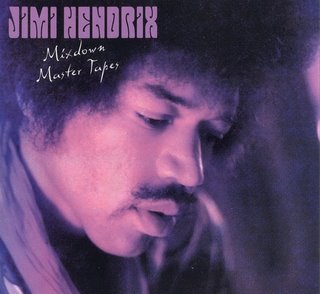Hogshit
This is one of the most disturbing articles on the environment I have read in recent months:
If the temperature and wind aren’t right and the lagoon operators are spraying, people in hog country can’t hang laundry or sit on their porches or mow their lawns. Epidemiological studies show that those who live near hog lagoons suffer from abnormally high levels of depression, tension, anger, fatigue and confusion. “We are used to farm odors,” says one local farmer. “These are not farm odors.” Sometimes the stink literally knocks people down: They walk out of the house to get something in the yard and become so nauseous they collapse. When they retain consciousness, they crawl back into the house.
and
Smithfield is not just a virtuosic polluter; it is also a theatrical one. Its lagoons are historically prone to failure. In North Carolina alone they have spilled, in a span of four years, 2 million gallons of shit into the Cape Fear River, 1.5 million gallons into its Persimmon Branch, one million gallons into the Trent River and 200,000 gallons into Turkey Creek. In Virginia, Smithfield was fined $12.6 million in 1997 for 6,900 violations of the Clean Water Act — the third-largest civil penalty ever levied under the act by the EPA. It amounted to .035 percent of Smithfield’s annual sales.
(full story here)
On the brighter side of things, yesterday, I saw a pig that grew up in someone’s front yard slaughtered with a sharp knife and sold off in pieces, just like they do everywhere else in the third world. To me this kind of pig actually tastes natural.
(thx M)



One Comment
It's Me... Maven
There’s a t.v. show here in the states called Dirty Jobs, and one episode the host goes to a farm where the husband raises cows and the wife grows flowers, and they, too have a “shit lagoon,” however, they have it entirely contained, and every aspect of the shit (from solids to gas) is captured (the gas actually heats his barn and his house), and they have a side business creating “poo pots,” which are literally flower pots made of shit, which then ends up fertilizing the plants growing within.
If only more farmers, corporate or otherwise would be more innovative, the world would be a safer place for all its creatures.